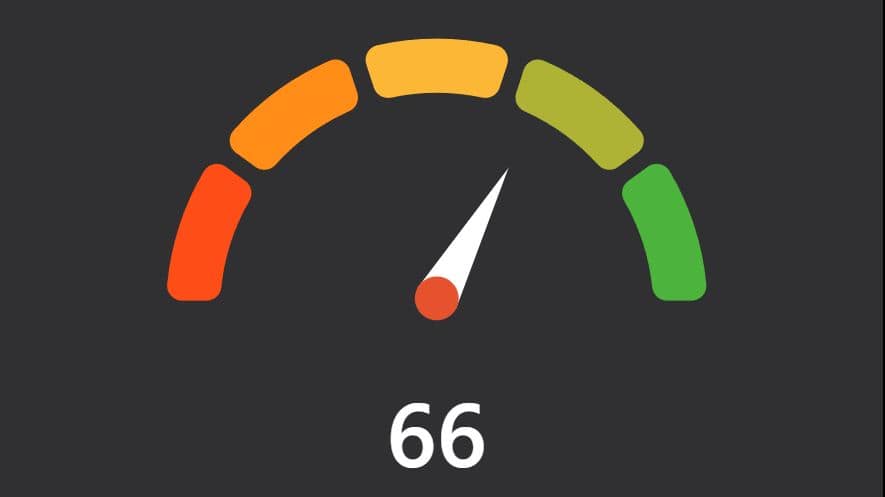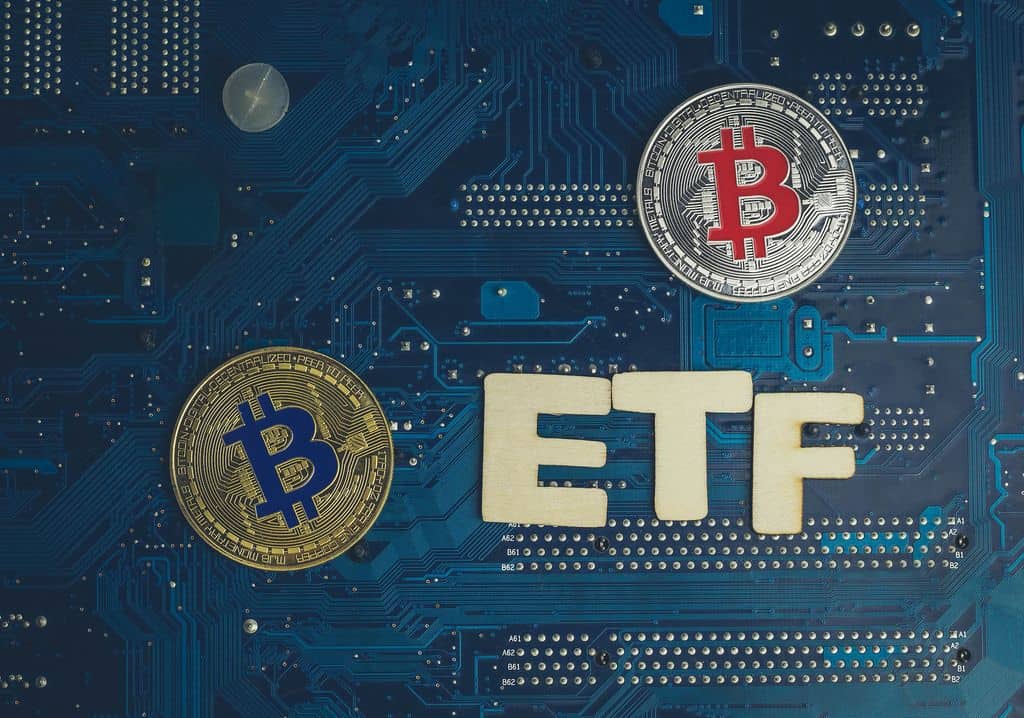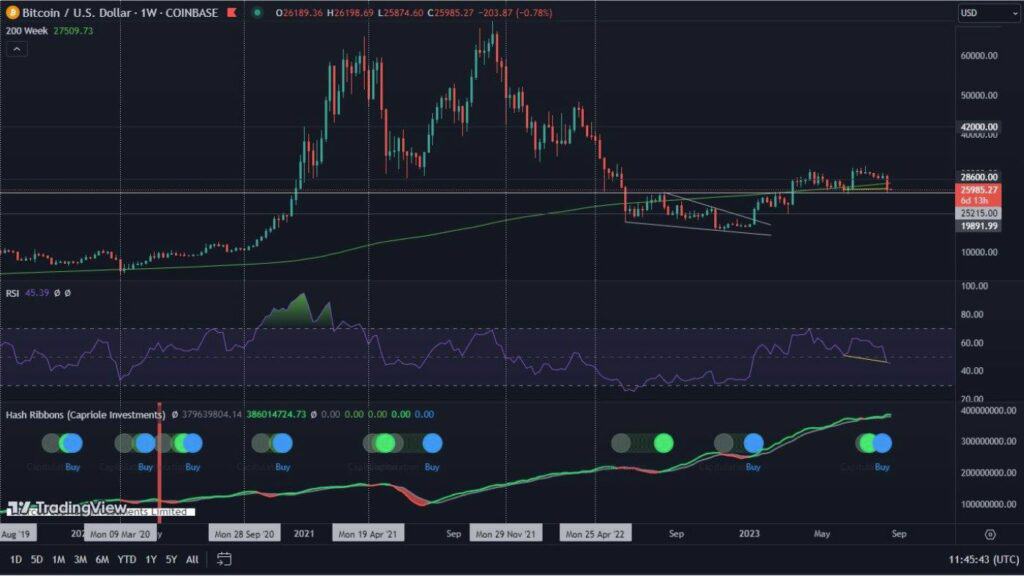Interested users are actively seeking answers to the question: is Bitcoin (BTC) anonymous? In this article, we will try to provide an objective opinion on anonymity and security in the Bitcoin network.
Is Bitcoin anonymous?
At first glance, it seems that yes – Bitcoin is fully anonymous! But unfortunately, this is only a partial truth. In fact, the Bitcoin network is referred to as pseudo-anonymous because there is always a trail of transactions left on the blockchain. Consequently, the record of all transactions is essentially public and available to anyone. Bitcoin is said to be anonymous because we cannot link BTC addresses to the identity of their holders. However, many addresses are publicly available and it is known who is using them.
Chainalysis
The above statement transitions smoothly into the question: will the knowledge incorporated into the BTC address be used by others? The answer to this question is obviously yes. This knowledge is used by a company called Chainanalysis. It is a company that analyzes the cryptocurrency transactions between wallet addresses, which in turn helps to determine the identity of their owners. Chainalysis works with government agencies to help detect crimes committed with cryptocurrencies, such as money laundering.
Private cryptocurrencies
Is there not a way to have online privacy? And is it really possible to determine the identity of every Bitcoin (BTC) holder? This is where the so-called private coins come to our aid. Private coins are cryptocurrencies with a high level of security and anonymity. Below we present a few of them.
Monero (XMR)
Monero (XMR) was created in 2014 by hard forking the cryptocurrency Bytecoin. It is currently considered the most anonymous digital currency in the world. This is for two reasons. First, the public keys, i.e. the addresses of the people making the transactions, are hidden. Secondly, the value of the transactions also remain unknown. Thanks to this, Monero is fully immune to analysis of transactions between Monero (XMR) wallet addresses.
Zcash (ZEC)
Zcash (ZEC) is another fully private and anonymous cryptocurrency. Zcash was created with the idea of creating a fully anonymous counterpart to Bitcoin. Security in the Zcash digital currency is achieved through the use of a zero-knowledge protocol called ZK-Snarks. When conducting an anonymous transaction using Zcash, the sender, recipient and amount of the transaction remain hidden.
Verge (XVG)
There are only four full-time developers working on the Verge cryptocurrency, including its creator, Justin Valo. Verge (XVG) offers the ability to make private transactions by using popular solutions such as the Tor network, or I2P. The Verge cryptocurrency was created as an alternative to classic payments used in everyday life. It is classified as a private coin because the addresses of users making transactions remain anonymous.
Dash
Dash was created in 2014 and has now become one of the most expensive cryptocurrencies available on the market. This cryptocurrency is based on the source code of BTC, but introduces a whole range of improvements. One of them is the ability to hide transactions, so that the sender and receiver remain anonymous. Thanks to this feature, Dash is one of the private coins.


















